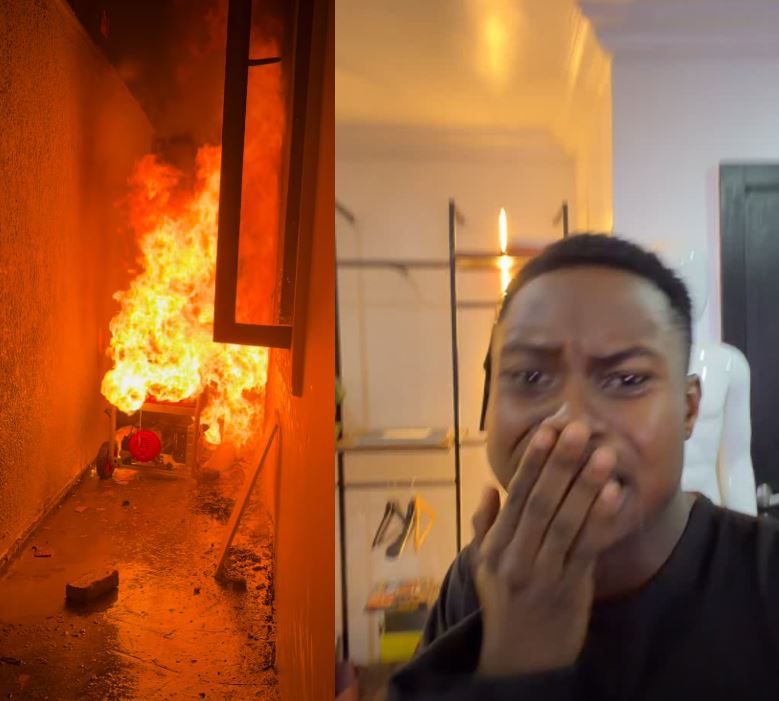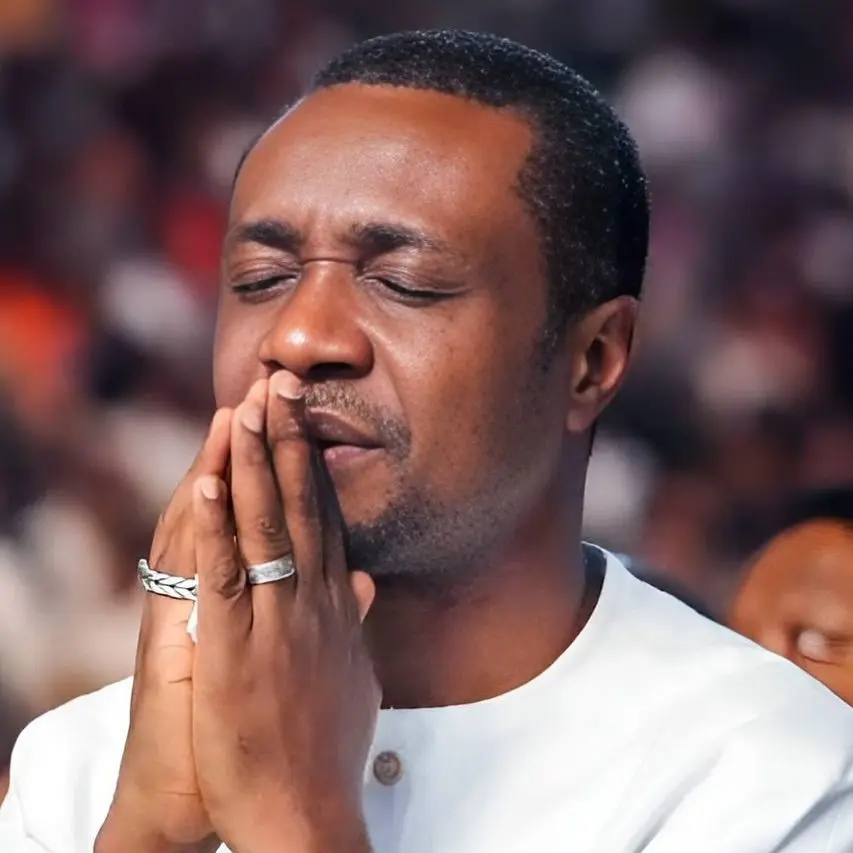
In a dramatic development on Tuesday, the Economic and Financial Crimes Commission (EFCC) failed to substantiate allegations of anticipatory acquisition of property against the President of the Senate, Bukola Saraki at his ongoing trial at the Code of Conduct Tribunal.
The property in contention is the crux of the case, as the Federal Government is claiming in the charges against Saraki that he entered in his , a property he later bought in 2006.
However, EFCC lead investigator and prosecution witness, Michael Wetkas who is currently under cross examination on Tuesday, failed to convince the Tribunal that Saraki did anticipatory buying following evidences that No 15 MacDonald Street, Ikoyi, Lagos State was bidded for by different companies and persons in a rigorous, transparent process which the defendant could not have possibly imagined, let alone anticipate.
According to the Defense Counsel, Paul Erokoro (SAN):
“Mr Wetkas, can you tell us how the defendant knew in 2003 what properties he would buy in 2006?”
Wetkas on his part could not through facts and documents prove that there was any anticipatory acquisition by Saraki. In a response to a question by the Defense Counsel, Erokoro, Wetkas admitted that it was inhumanly possible for the defendant or any human being whatsoever to be able to determine the exact property they were going to acquire at a later time in the future as was in this case of the Ikoyi property.
Although the lead prosecutor, Rotimi Jacobs (SAN) and the CCT Chairman, Danladi Umar tried to come to the rescue of Wetkas, contradictory claims and lack of evidence to substantiate the charge rendered their intervention immaterial.
Consequently, the lawyer to Saraki has now raised a new ground that his assets declaration form was likely tampered with at the CCB: “Logic tells us that exhibit 1 has been tampered with”, he said. The development threw the court into palpable suspense leading to Saraki’s lead counsel Kanu Agabi SAN calling for adjournment.
From unfolding developments, the case of tampered evidence may be a new ground for the court to determine and spend time on in the days ahead.




















